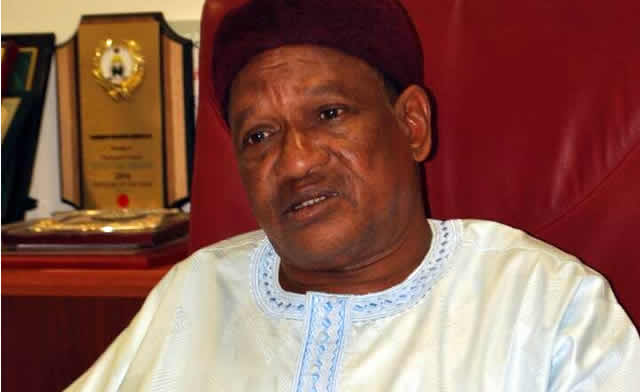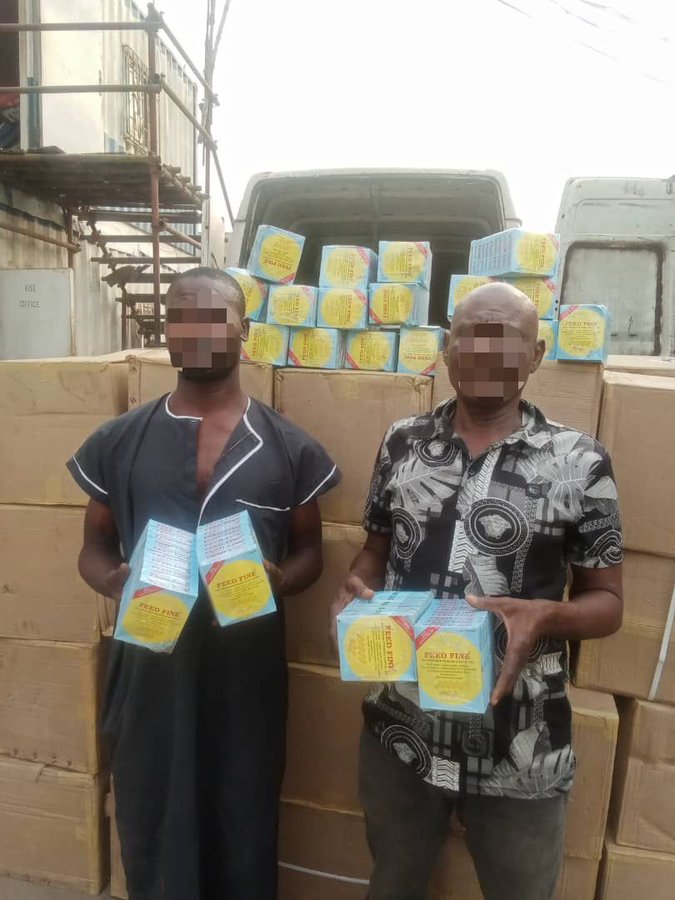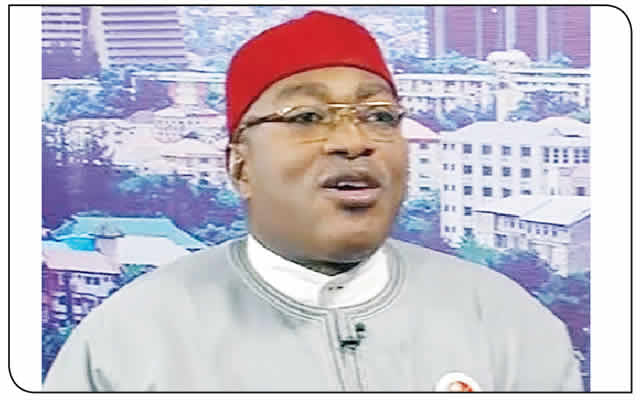DAILIES TOP STORIES: Uncertainty rules currency markets as external reserves rise
Monday 05 February 2024 Hardship: Presidency attacks Atiku again over criticism of economy Electricity: National grid restored after partial disturbance -TCN Common Nigerians suffering hard times, leaders secured — Adeboye NDLEA intercepts 14.5 tons of Ghanaian Loud in Lagos Kidnapping epidemic: Fundraising for ransom persists, Ekiti pupils’ families pay N15m Tinubu, Obasanjo, world leaders […]
















